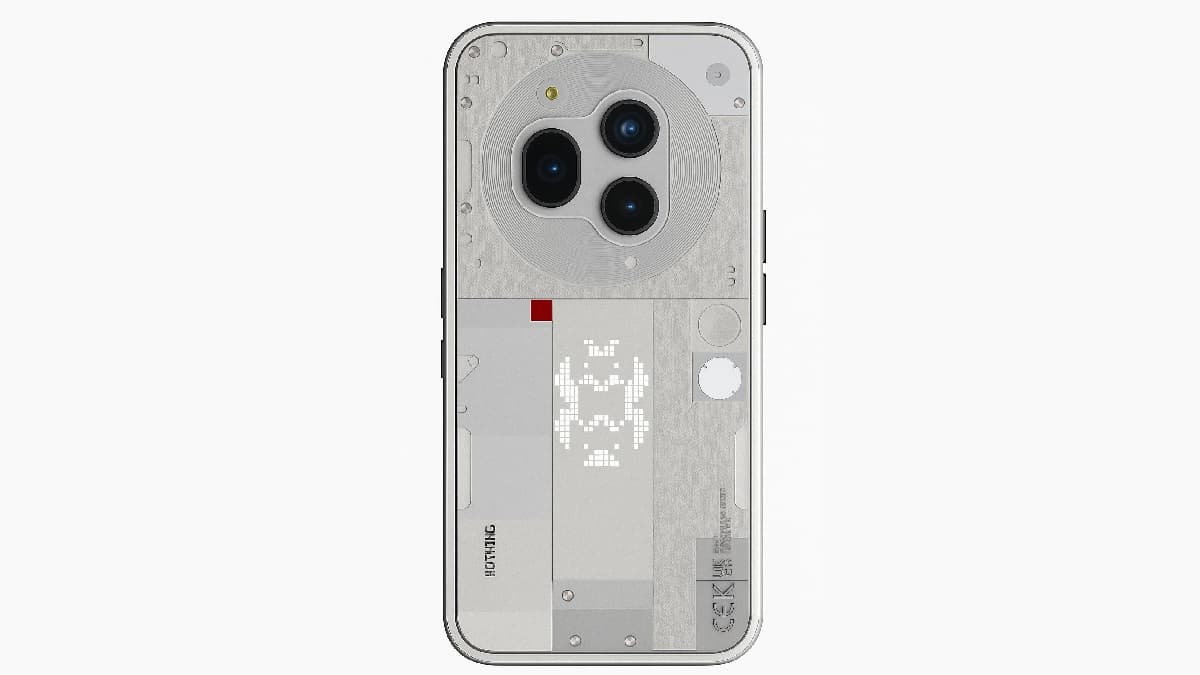- TECHSWU
- Posts
- TECHSWU
TECHSWU

In a recent update, Hideaki Nishino, President and CEO of Sony Interactive Entertainment, championed the rivalry with Xbox as a catalyst for innovation within the gaming industry. He emphasized that a healthy competitive landscape inspires creativity, driving PlayStation to enhance its offerings as they monitor evolving play patterns.
While confident in its current strategy, Nishino acknowledged the rising interest in cloud gaming but highlighted concerns over network stability and cost compared to traditional console gaming. He noted that most gamers prefer local execution for a seamless experience.
Meanwhile, Microsoft appears to be focusing on merging its Xbox and Windows endeavors, with plans to prioritize Xbox Play Anywhere initiatives. As both companies navigate these uncharted waters, it’s clear that competition remains a vital force in pushing the gaming world forward.


Mind Over Matter: China's Breakthrough Neural Implant Lets Amputees Control Technology with Thought!
In a groundbreaking development, Chinese researchers have initiated human trials for an advanced brain-computer interface (BCI) that allows an amputee to control a cursor with his mind. The trials began with a 37-year-old man who lost all four limbs in an accident a decade ago.
Researchers implanted a coin-sized, ultraflexible device in his brain, enabling him to play chess and navigate a computer within weeks of surgery. This tiny electrode, measuring just 1/100th the width of a human hair, captures brain signals with remarkable precision, allowing for minimal disruption to surrounding tissue.
The project, led by the Chinese Academy of Sciences and Huashan Hospital, aims to expand to 40 participants by 2026. Future phases of the research may involve training patients to control robotic arms and advanced AI, presenting exciting possibilities for treating serious neurological conditions like ALS and stroke.

Get ready for a creative revolution! TikTok is diving deeper into the world of AI-generated video ads with its latest features, making it easier than ever for marketers to produce eye-catching content. Introducing the Symphony product, TikTok now allows businesses to turn text prompts or product images into dynamic five-second video clips.
This innovative approach not only caters to big brands but also empowers small businesses to maximize their advertising budgets. The announcement came just in time for the Cannes Lions advertising festival, where AI-generated ads are set to steal the spotlight.
With tools that already include AI avatars to represent brands, TikTok is poised to reshape the advertising landscape, blending creativity and technology like never before.

California's "No Robo Bosses Act" is making waves as it advances through the legislature, targeting the unchecked rise of artificial intelligence in the workplace. Spearheaded by Senator Jerry McNerney, this bill seeks to ensure human oversight in critical employment decisions, such as promotions and disciplinary actions, effectively placing a check on automated systems.
With AI companies already developing tools that sift through vast data to assess employee behavior and satisfaction, concerns about fairness and worker rights have prompted this legislative move. The bill passed the Senate with a 27-10 vote and will be reviewed by the Assembly’s Labor and Employment Committee.
While the measure culls some stringent provisions, like fully automated hiring, it signals a push for accountability in an era where technology increasingly governs career trajectories. Supporters argue that a human touch can prevent potential abuses, ushering in a more balanced approach to tech in the workplace.

Exciting news! The highly anticipated Nothing Phone 3 is set to launch in India and globally on July 1, 2025. Tech enthusiasts can look forward to its sleek AMOLED display, powerful Snapdragon processor, and a robust triple rear camera setup, along with cutting-edge AI features.
Interestingly, there are hints that this model might forgo the iconic Glyph lights that characterized its predecessors.

Amazon is transforming retail with groundbreaking AI advancements that make shopping feel almost telepathic! In June 2025, the company unveiled three AI systems designed to optimize deliveries and inventory management. The star of the show, Wellspring, uses a combination of satellite imagery and customer feedback to ensure packages are delivered to the right apartment entrance, minimizing wasted time for drivers.
Alongside this, an enhanced forecasting model considers trends like weather and pop culture to stock items more predictably, cutting delivery times significantly. Meanwhile, Amazon's robots are getting smarter, able to understand spoken commands and adapt to tasks on the fly—a game changer for fulfillment centers.
With these innovations, Amazon enhances not only speed and availability but also reduces its carbon footprint. However, as it raises privacy concerns, competitors like Walmart and Target may find it challenging to catch up, leaving shoppers to increasingly prefer a platform that seems to know their needs before they do.